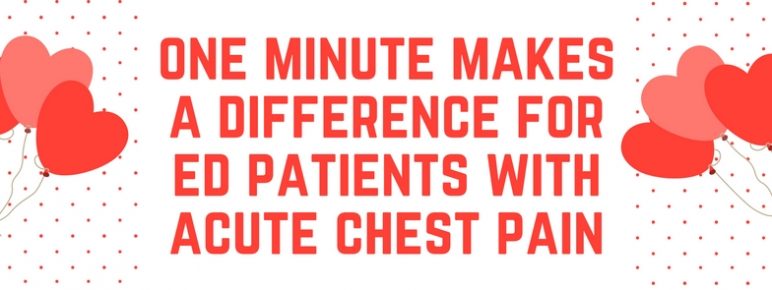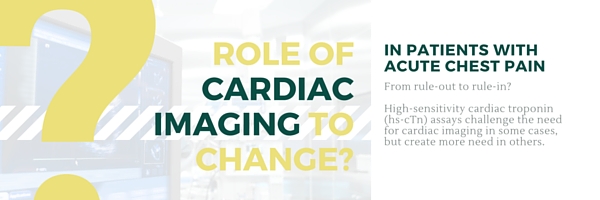U.K. PCI study sparks U.S. debate
On Wednesday, November 1, results from the Objective Randomized Blinded Investigation with Optimal Medical Therapy of Angioplasty in Stable Angina (ORBITA) study were published in The Lancet.
The next day, this article was published in the New York Times:
"A procedure used to relieve chest pain in hundreds of thousands of heart patients each year is useless for many of them," it began... "The new study, published in the Lancet, stunned leading cardiologists by countering decades of clinical experience. The findings raise questions about whether stents should be used so often—or at all—to treat chest pain."
Without further knowledge, the debate may start right here—the New York Times article had little in the way of medical detail to satisfy invasive cardiovascular professionals and may have further generalized results in a misleading manner.
But let's hold off on reacting, look at the debate surrounding this particular study and also place the findings in a wider context (part two). Note: this isn't the first time it has been suggested that stents are overused.
Continue reading Stents not effective? Study sparks debate pt. 1


